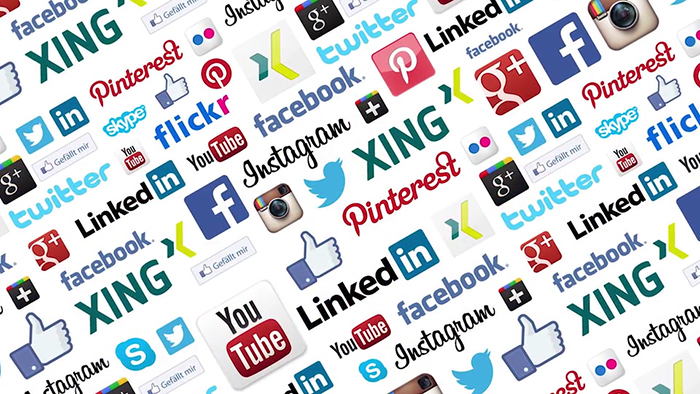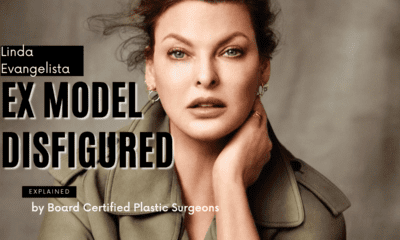For many, much of modern life exists connecting across social media applications. Beyond personal involvement, they are of such import that professional entities, too, take part and engage with their audience – or, rather, customers.
This is no different in plastic surgery with some surgeons opting to fully adopt social media use. Additionally when considering the selfie craze, which may subtly remind users of their flaws and their age, how do these trends affect the traditional plastic surgery field? Find out on the latest episode of No Spin Live!
A Social World
It may be hard to prove but seems quite obvious that with the advent of smart phones, we’re looking at pictures of ourselves and others a lot more frequently. Oftentimes when taking our own picture we may be taking thirty to find that right one. The picture  where the wrinkles are less obvious, the hair is pulled back the correct way, and the lightning is just right. This “obsession” with a look can be conscious or subconscious, but it seems to be having an affect when it comes to patients hitting the doctors office for cosmetic enhancement.
where the wrinkles are less obvious, the hair is pulled back the correct way, and the lightning is just right. This “obsession” with a look can be conscious or subconscious, but it seems to be having an affect when it comes to patients hitting the doctors office for cosmetic enhancement.
“I say it is fueling trends in plastic surgery,” shares board certified plastic surgeon Dr. Tracy Pfeifer of NYC. “I can speak from personal experience: I was in the office the other day taking selfies and wanted to put them on Instagram for my office. I was taking the photos with my iPhone and I looked at them and I looked horrible! I wanted to run and have a Botox and filler treatment immediately in my own office. I can absolutely see how if you’re taking a lot of selfies and posting them on social media that you’re going to be more interested in treatments to look your very best.”
Is it Good or is it Bad?
The “trends” apparent seem to perhaps be an argument for intensifying vanity, but maybe not. Maybe the trend just so happens to be emerging alongside non-surgical trends in plastic surgery that offer surgery-free improvements for a generation of people who work hard to look good and intend to do so longer than their forebears.
“I think we see mostly good,” explains Dr. Craig Colville, a board certified plastic surgeon in Ohio. “I mean, it’s not any different from people talking and word of mouth, it’s just that social media reaches [more people faster]. It’s the same thing; they come in and go, ‘I want what she has,’ or ‘I want what she was talking about.’ Social media just spreads it faster.”
But What About Trendy Social Media Physicians?
A large part of the social media trends derive from plastic and cosmetic surgeons themselves posting heavily and amassing large followings. Instead of your subconscious tugging at you about some fine lines and wrinkles in your latest selfie, imagine following an Instagram account that shows before and after pictures of people just like you.
The surgeons and physicians readily in control of large followings have a great way to inform and educate patients, should that be what they decide to do. And, as board certified plastic surgeon Dr. Jason Pozner describes, how eminent are the social media physician kings and queens when not accounting for the number of followers?
“I think [social media] brings mixed messages,” says Pozner. “A lot of the docs out there in the world may not be experts in the field. They don’t write papers, they don’t develop anything, they don’t do research, but they’re Instagram gods because they get their stuff out on the internet. Suddenly they’re the experts. Everything you see on [social media] or read, you have to take with a grain of salt.”
Quality cosmetic improvement and plastic surgery always boils down to proper amounts of patient education, which is a sign of physician expertise. Trusting a surgeon to provide and walk a patient through all of the necessary information and options is how outstanding results are come by.
















Facebook
Twitter
Instagram
YouTube
RSS